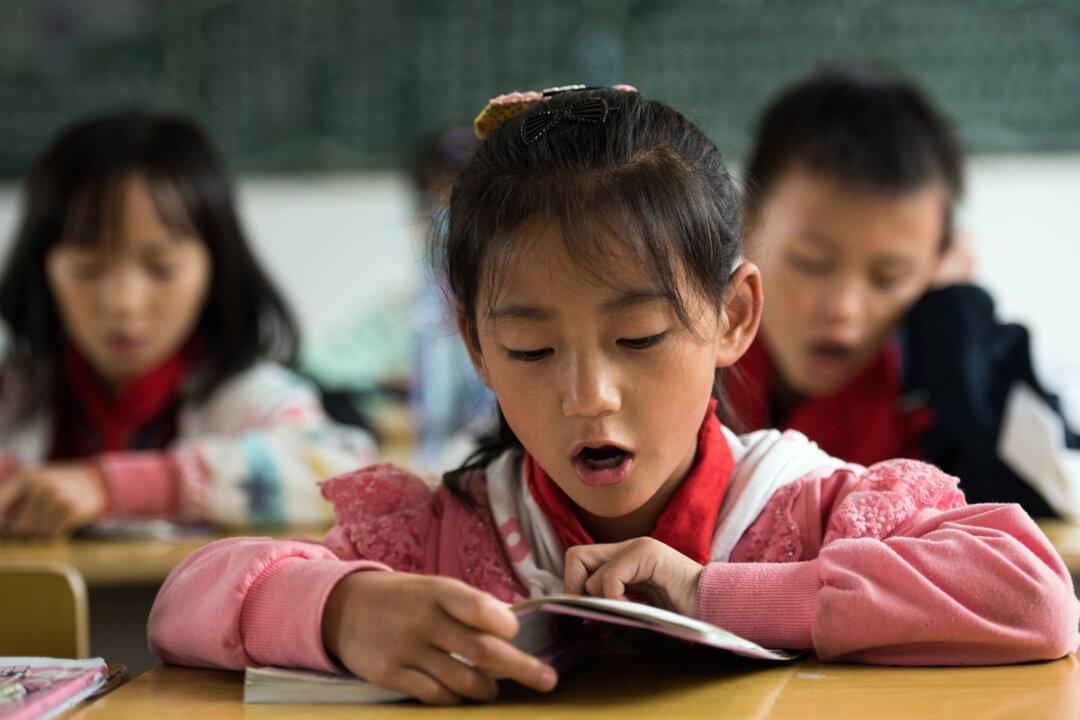An estimated 13 million undocumented Chinese—mostly young people born illegally in contravention of the one-child policy—are eligible for official registration that would give them access to basic social services, a Communist Party reform commission stated on Dec. 9.
After Communist Party leader Xi Jinping led a meeting with the Central Leading Group on Comprehensively Deepening Reform, the group released a statement reiterating that access to the registration system, known as “hukou” in Mandarin, was a basic right for all Chinese citizens.
The commission’s statement is not a change of policy, but a matter of enforcing existing laws. The directive, however, might well be undermined by corruption at local levels, where family planning and residential controls are implemented.
For decades, an entire class of people has grown up without being registered. Known as “black children,” their lack of hukou means they are denied basic social services, schooling, health care, and train or air travel that requires IDs they don’t have.
“If someone isn’t registered, it basically means they aren’t recognized as a Chinese citizen,” Hu Xingdou, an economics professor at the Beijing University of Science and Technology, told Radio Free Asia (RFA).





